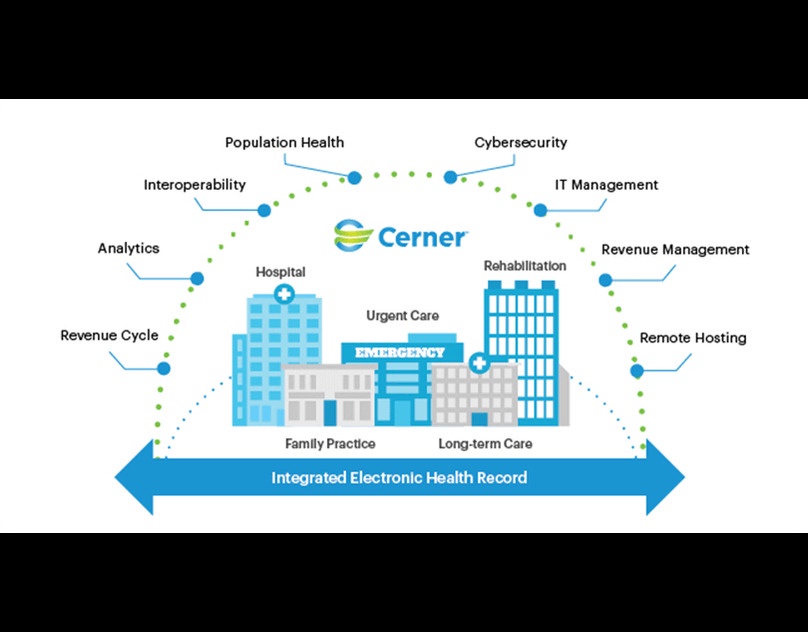Cerner is a cloud-based software widely utilized by health organizations of different sizes. Cerner systems offer revenue cycle management, interoperability, mobile access, artificial intelligence, and telemedicine software development to reduce costs.
The main goal of Cerner EHR integration is to assist providers in streamlining their financial and clinical procedures. They can concentrate more on patients by spending less time on paperwork and charting. Consequently, better patient outcomes follow, and in the end, this EHR integration boosts their productivity and efficiency.
How does Cerner integration function in the healthcare industry?
Cerner is a cloud-based EHR software solution used by health organizations of various sizes and specialties. By streamlining administrative procedures and offering their patients the best treatment possible, they make use of Cerner technology.
Currently, the Cerner System serves more than 40 medical disciplines. The task automation and basic recording capabilities offered by Cerner allow medical staff to concentrate more on providing high-quality patient care.
Physicians can see more patients on any given day because to the Cerner integration, which helps them boost overall revenue without sacrificing the standard of service.
What benefits come from integrating Cerner with other healthcare systems?
- Cerner EHR system provides a patient user portal which saves time.
- Patients can update info, view lab results, and contact clinicians pre-visit.
- The intuitive interface of Cerner EHR simplifies reporting and reviewing patient data.
- Users have the flexibility to access the system from various locations at their convenience.
- Healthcare practitioners benefit from health analytics for accurate diagnosis and treatment.
What are the main features and functionalities of Cerner integration?
Cerner software solutions support standards like HL7 and FHIR to ensure compatibility and interoperability. It automates the ordering of tests, drugs, and healthcare services for effective order administration. Additionally, it seamlessly connects with medical devices, gathering patient data into the EHR system and eliminating manual entry.
This not only improves accuracy but allows real-time monitoring and alerts. Significant convenience is ensured by Cerner interface with other health systems or the patient portal. Patients as well as providers stand to gain greatly from this convergence. Patients can save time by having access to their health information, and we can assist providers in integrating the Cerner EHR.
They may check the results of their lab tests, transmit information to providers, make appointments and do a lot more thanks to the integration. Moreover, the sum of these guarantees a better patient experience.
What security measures are implemented for protecting patient data during Cerner integration?
- Cerner prioritizes the safety of patient personal health records. Their security model focuses on confidentiality, integrity, and availability.
- To uphold patient data security, Cerner EMR integration maintains a robust information security program that aligns with both international and national data protection standards.
- This commitment guarantees that patient data remains inaccessible to unauthorized individuals, upholding the highest confidentiality standards.
What are the typical challenges encountered when implementing Cerner integrations?
- Moving patient data from older systems to Cerner’s EHR system can prove challenging and time-intensive.
- The data must be cleaned, made uniform, and aligned with the new system's structure.
- Cerner EHR integration with other healthcare components, such as labs and pharmacies, presents its own set of challenges.
- Efficient coordination and technical expertise are essential for smooth data sharing, standardizing data formats, and adhering to interoperability standards like HL7 and FHIR.
- Effectively managing changes and gaining support from stakeholders like clinicians, administrators, and staff can be another hurdle.
Conclusion:
Cerner's interoperability ensures HIPAA compliance for software development, simultaneously boosting company productivity. Moreover, Cerner integration solutions streamline and accelerate interoperability among various healthcare applications from different creators.


No comments yet